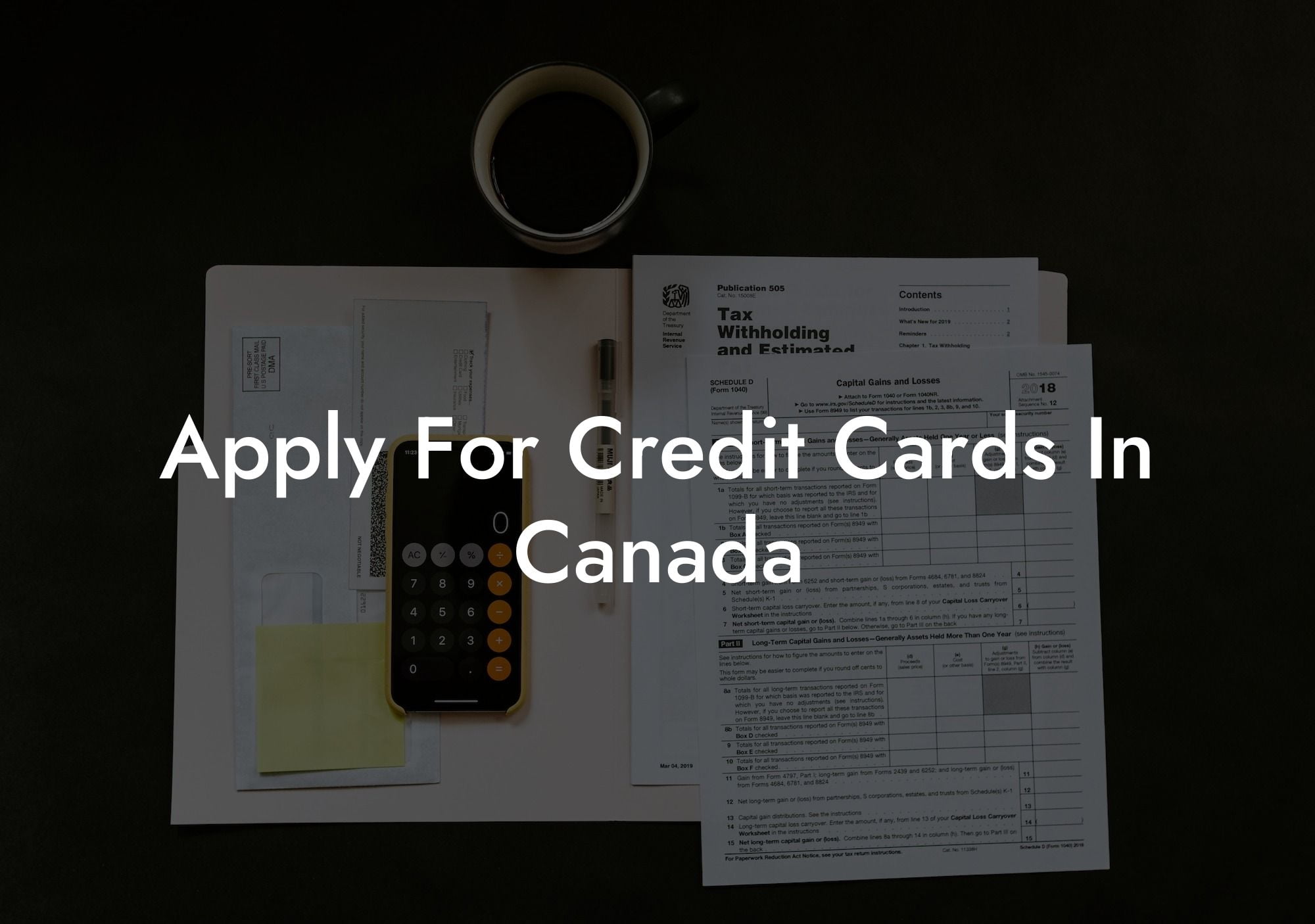You’ve probably heard it a thousand times – credit cards are essential in today’s world for building credit, making online purchases, and even renting a car. But what they don’t always tell you is that applying for credit cards in Canada can feel like navigating a maze of options and requirements. Fear not! We at Flik Eco are committed to providing you with the knowledge and tips you need to confidently apply for a credit card that suits your needs. So, grab your favourite cup of coffee, sit back, and let us walk you through the process of applying for credit cards in Canada.
Quick Links to Useful Sections
Apply For Credit Cards In Canada Table of Contents
Understanding Your Options
When applying for a credit card, it’s important to know what’s available and choose the card that best fits your needs. Here are some common credit card types to consider:
- Low Interest or Balance Transfer Cards: These cards offer reduced interest rates, providing an opportunity to pay off existing debt at a lower cost.
- Rewards Cards: Choose between cashback, points, or travel rewards based on your spending habits and preferences.
- Student Cards: Designed for post-secondary students, these cards usually have lower fees and easier approval requirements.
- Secured Cards: These cards require a security deposit, making them ideal for those with little or no credit history.
- Business Cards: If you’re a business owner or self-employed, these cards offer unique perks and rewards tailored to your needs.
Check Your Credit Score
Before applying for a credit card, it’s essential to know your credit score and understand the role it plays in determining your eligibility and credit limit. Most Canadian credit card issuers rely on your credit history from Equifax and/or TransUnion to assess your creditworthiness. You can request a free credit report once a year or use online services that provide credit scores and monitoring.
Establish or Improve Your Credit Score
If you have a low credit score or no credit history, consider taking steps to establish or improve it before applying for a credit card. Here are a few tips:
- Pay your bills on time
- Limit credit applications and inquiries
- Reduce your credit utilization
- Secure a co-signer or guarantor
Research Card Issuers and Offers
Take the time to compare multiple credit card issuers, features, fees, and promotional offers. Make sure to read the fine print and understand interest rates, annual fees, limits, and other terms. You can use numerous comparison websites and tools available to help you in finding the right card for your needs.
Apply For Credit Cards In Canada Example:
Imagine you’re a Canadian student looking to build credit and earn rewards on everyday purchases. You start by requesting your credit report and discover that your credit score is 640 – not great, but not terrible. After some research, you decide to apply for a Student Rewards Credit Card with a reputable bank.
Here’s what the process might look like:
- Visit the bank’s website and navigate to the credit card application page.
- Fill in the required information, including your name, address, Social Insurance Number, and employment details.
- Read the terms and conditions, ensuring you understand key aspects such as interest rates, annual fees, and rewards.
- Submit your application and wait for a response.
- If approved, receive your card, sign it, and follow activation instructions.
- Opt into online banking and set up bill payments.
- Always pay your balance on time to build credit and avoid late fees.
- Earn rewards and enjoy the benefits of responsible credit card use!
Now that you’re armed with the necessary knowledge, you can confidently apply for a credit card in Canada that fits your needs and lifestyle. Remember, credit cards can be powerful tools when used wisely and responsibly. So don’t be afraid to start building your credit score and enjoying the perks that come with it! If you found this article helpful, please share it with friends or family, and don’t forget to explore other personal finance guides on Flik Eco.













